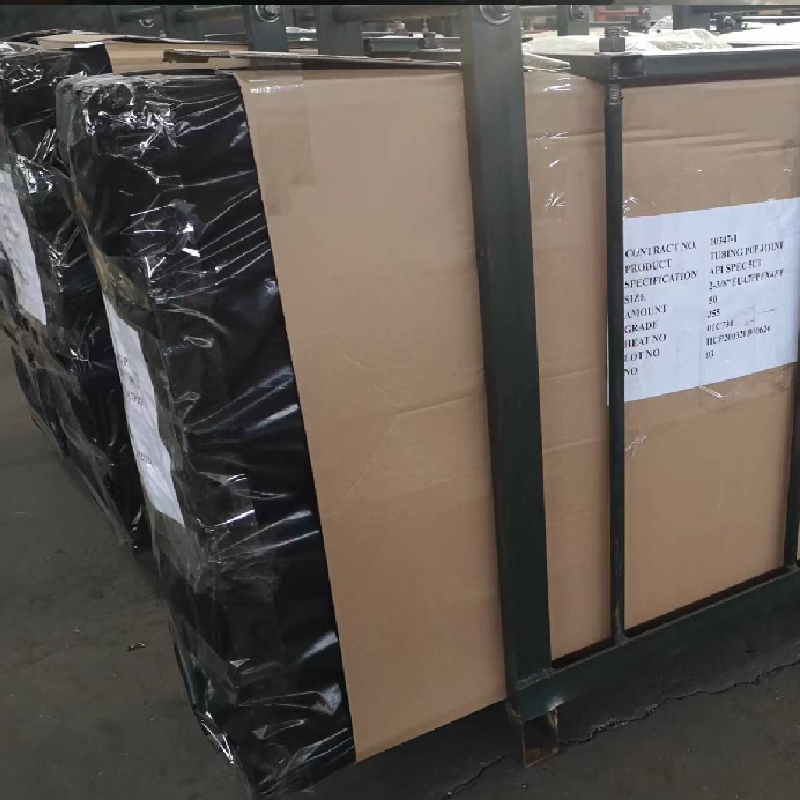- Afrikaans
- Albanian
- Amharic
- Arabic
- Armenian
- Azerbaijani
- Basque
- Belarusian
- Bengali
- Bosnian
- Bulgarian
- Catalan
- Cebuano
- Corsican
- Croatian
- Czech
- Danish
- Dutch
- English
- Esperanto
- Estonian
- Finnish
- French
- Frisian
- Galician
- Georgian
- German
- Greek
- Gujarati
- Haitian Creole
- hausa
- hawaiian
- Hebrew
- Hindi
- Miao
- Hungarian
- Icelandic
- igbo
- Indonesian
- irish
- Italian
- Japanese
- Javanese
- Kannada
- kazakh
- Khmer
- Rwandese
- Korean
- Kurdish
- Kyrgyz
- Lao
- Latin
- Latvian
- Lithuanian
- Luxembourgish
- Macedonian
- Malgashi
- Malay
- Malayalam
- Maltese
- Maori
- Marathi
- Mongolian
- Myanmar
- Nepali
- Norwegian
- Norwegian
- Occitan
- Pashto
- Persian
- Polish
- Portuguese
- Punjabi
- Romanian
- Russian
- Samoan
- Scottish Gaelic
- Serbian
- Sesotho
- Shona
- Sindhi
- Sinhala
- Slovak
- Slovenian
- Somali
- Spanish
- Sundanese
- Swahili
- Swedish
- Tagalog
- Tajik
- Tamil
- Tatar
- Telugu
- Thai
- Turkish
- Turkmen
- Ukrainian
- Urdu
- Uighur
- Uzbek
- Vietnamese
- Welsh
- Bantu
- Yiddish
- Yoruba
- Zulu
Galvanized Steel Pipe Connectors for Durable Plumbing Solutions and Efficient Installations
Understanding Galvanized Steel Pipe Couplings
Galvanized steel pipe couplings are essential components in plumbing, construction, and various industrial applications. These fittings serve as connectors for two pipe segments, ensuring a secure and leak-free connection. The galvanizing process, which involves coating steel pipes with a layer of zinc, provides enhanced corrosion resistance, making them ideal for use in damp or outdoor environments.
What is Galvanization?
Galvanization is a process that protects steel from corrosion. When steel is exposed to moisture and oxygen, it can rust, compromising the integrity and lifespan of the material. Galvanizing involves coating steel with a protective layer of zinc through hot-dipping or electroplating. This zinc coating acts as a sacrificial anode, meaning it will corrode before the underlying steel does. This significantly extends the life of the pipe and ensures that structures remain safe and durable.
Importance of Couplings
Couplings are vital in any piping system, as they allow for changes in direction, repairs, and the ability to connect multiple segments of pipes. They come in various styles, including threaded, slip-on, and welded couplings, catering to different installation needs. The choice of coupling depends on factors such as the type of pipe being used, the pressure of the fluid being transported, and the environmental conditions.
Applications of Galvanized Steel Pipe Couplings
Galvanized steel pipe couplings are used in numerous applications. In plumbing, they connect water supply lines, ensuring secure connections between different sections of the piping system. In construction, they are utilized in framework applications and scaffolding, providing sturdy support structures. Additionally, these couplings are commonly found in agricultural systems, where they can connect irrigation piping and other water management systems.
Advantages of Galvanized Steel Pipe Couplings
galvanized steel pipe coupling

1. Corrosion Resistance The primary advantage of galvanized steel pipe couplings is their resistance to rust and corrosion. This property makes them suitable for outdoor use or areas with high moisture levels.
2. Durability Galvanized steel is known for its strength and durability, allowing these couplings to withstand significant pressure and rough handling during installation and operation.
3. Cost-Effective While the initial investment for galvanized steel couplings may be higher than non-galvanized options, their extended lifespan and reduced maintenance needs make them a cost-effective choice in the long run.
4. Versatility These couplings can be used in various applications, from residential plumbing projects to large-scale industrial systems, making them a versatile solution.
Installation Considerations
Installing galvanized steel pipe couplings requires careful attention to specifications and guidelines to ensure optimal performance. Proper alignment and tightening are crucial to prevent leaks. Additionally, it's essential to account for temperature fluctuations, as they can affect the material properties of both the pipes and the couplings. Using the correct tools and techniques can significantly enhance the reliability and strength of the connection.
Conclusion
In conclusion, galvanized steel pipe couplings are a critical component in various industries and applications. Their corrosion resistance, durability, and versatility make them an invaluable resource in constructing reliable piping systems. Understanding their properties and proper installation techniques can ensure a secure and long-lasting connection, contributing to the overall efficiency and safety of fluid transportation systems. With the right materials and methods, galvanized steel pipe couplings continue to play a significant role in modern infrastructure development.
-
Tubing Pup Joints: Essential Components for Oil and Gas OperationsNewsJul.10,2025
-
Pup Joints: Essential Components for Reliable Drilling OperationsNewsJul.10,2025
-
Pipe Couplings: Connecting Your World EfficientlyNewsJul.10,2025
-
Mastering Oilfield Operations with Quality Tubing and CasingNewsJul.10,2025
-
High-Quality Casing Couplings for Every NeedNewsJul.10,2025
-
Boost Your Drilling Efficiency with Premium Crossover Tools & Seating NipplesNewsJul.10,2025







